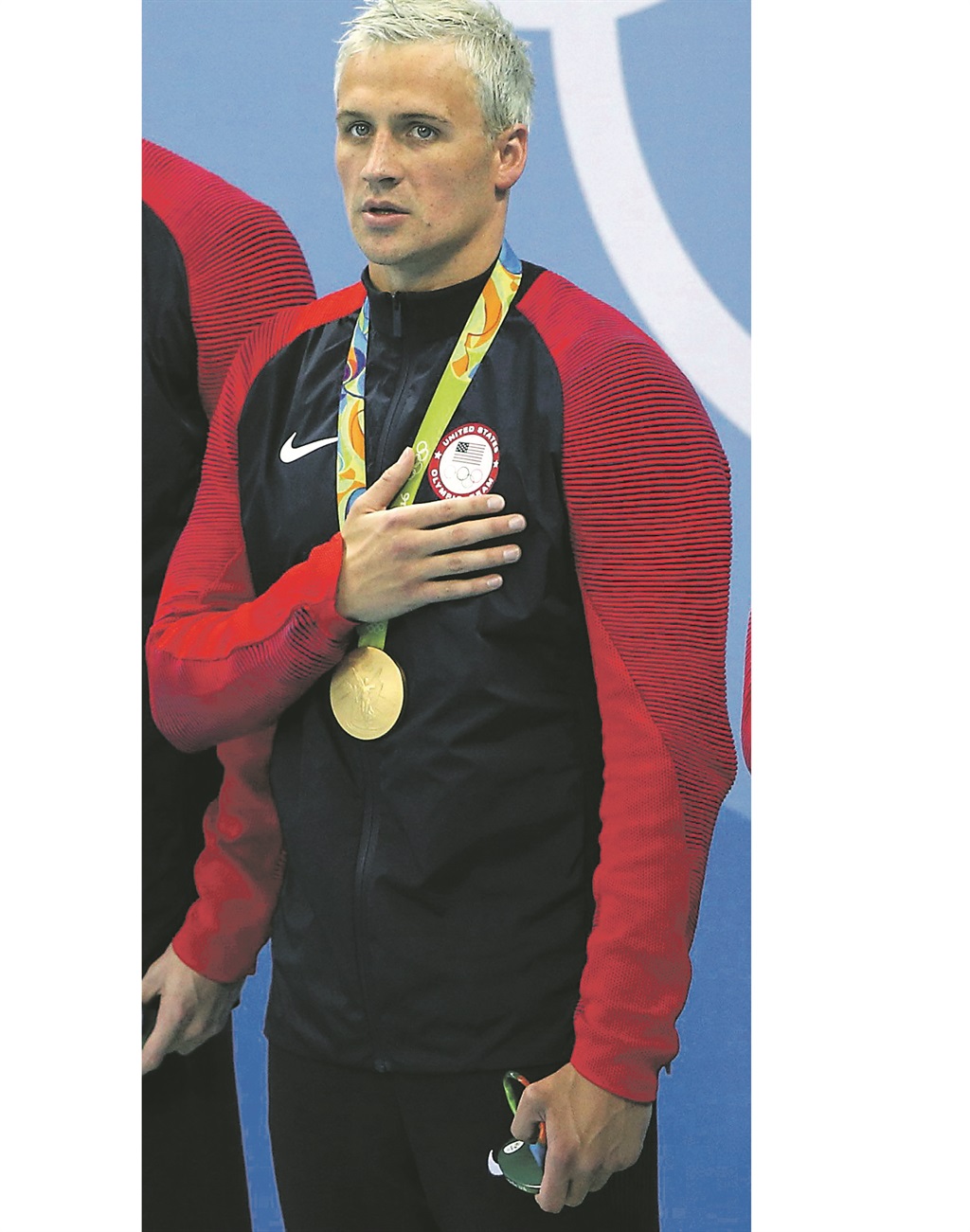
Several events over the past few months have again highlighted the way in which our societies are skewed, with black folk expected to behave in one way and whites often excused for their behaviour.
The same can be said about the treatment people receive from certain services.
Picture this restaurant scenario: a group of white people are greeted with a smile and escorted to a table, while a group of blacks arriving at the same establishment are told by the unsmiling hostess that all tables are booked.
There are countless examples, ranging from minor to extreme – the latter being the rate at which black men, most of them unarmed, are killed by police on US streets. This has resulted in the #BlackLivesMatter movement.
And, closer to home, echoes abound of Penny Sparrow’s infamous racist attack on black beachgoers, calling them “monkeys”.
This privilege goes further than skin colour to take on national ramifications, as seen in the behaviour of Western visitors to less developed regions.
Witness the Ryan Lochte case: a privileged white swimmer representing the US in this year’s Olympics, held in Rio de Janeiro, Brazil, goes out on the town with three of his team-mates: Gunnar Bentz, Jack Conger and James Feigen.
They get drunk, vandalise property and falsely claim to have been robbed at gunpoint by people posing as Brazilian police.
By the time he and his pals are found to have lied, Lochte is on his way home.
The others are not allowed to leave until they pay a fine. But the “golden boy” has absconded and on his return, issues a half-baked apology for what he terms his “overexaggeration” of the facts.
What would have happened had it been the other way round?
I would like to see a dark-skinned Brazilian pull a similar stunt in the US. The outcome, no doubt, would be very different.
When it comes to privilege, this double standard is far from isolated.
Nor is it reserved for the rich and famous. I found myself part of a conversation recently that perfectly summed up this attitude of superiority.
Although I am South African, my current home is Colombia, and, while chatting with a friend from the US about the headaches accompanying the renewal of my visa, my friend said Colombia should be doing more to attract people to the country.
“Why do they make the visa application process so complicated?” she bemoaned, despite the fact that Colombia’s visa process is far less complicated than that of many other countries.
“We are coming from America,” she went on. “They should be happy we are here. It’s not like we are coming from some Third World country or something.”
Wow. Let us set aside the argument that Colombia is in America – South America, to be exact.
Where does this blatant arrogance come from? Why should one country be doing more to make you feel welcome, when your own country talks of building walls to keep immigrants out?
Not to mention that my friend had clearly forgotten that she was, in fact, speaking to someone “coming from some Third World country”.
I found myself at a loss for words, and merely informed her that we do not say “Third World” any more.
This brings to mind another incident I witnessed a few years ago, this time closer to home – at the border with Lesotho.
I was returning from a weekend with friends in the Mountain Kingdom.
In our group were an Australian, a Scot and a French person. The airport side reserved for South African passport holders was quick and I cleared through immigration in minutes.
But the line for non-South Africans was about 100-strong, comprising mostly Basotho returning home after the weekend.
Our French friend was first to complain, saying: “Let’s just go to the front.” But the Scot and Australian replied: “No, all these people have been waiting in line. Why should we not have to wait in line?”
So, we waited about two hours.
When my friends were about five people from the front, two white tourists came bounding up and cheerfully announced: “We’re German, can we join you here in the queue?”
My Scottish pal replied: “Do you see all these people waiting? They have been standing here for a long time. It would not be fair for you to just cut in front of them.”
The Germans looked shocked as they made their way to the back, no doubt to look for some other whiteys who might be more sympathetic.
What were they thinking?
What thought process goes through a person’s mind, when seeing a group of black people waiting in line, that allows them to believe they have the right to walk straight to the front, with scant regard for those queuing?
It is this attitude that Lochte and company represent: they felt superior in Brazil, that they could do what liked, without having to face any consequences.
Another glaring reminder of white privilege to come out of the Rio Olympics is Joanna Józwik, the Polish runner who came fifth in the 800-metre race that Caster Semenya won.
The three winners of that event were African: a South African, Semenya; a Burundian, Francine Niyonsaba; and a Kenyan, Margaret Wambui.
No sooner were the medals handed out than the vitriol began.
Józwik declared that she deserved the silver medal and that she was glad to be “the first European, and the second white” to finish the race.
Since when are extra medals handed out according to the first, second or third of a certain skin colour to place in a race?
Perhaps Józwik does deserve a special award – the Penny Sparrow of the Olympics medal.
TALK TO US
Have you witnessed or experienced this kind of behaviour from white people?
SMS us on 35697 using the keyword WHITE. Please include your name and province. SMSes cost R1.50




 Publications
Publications
 Partners
Partners








